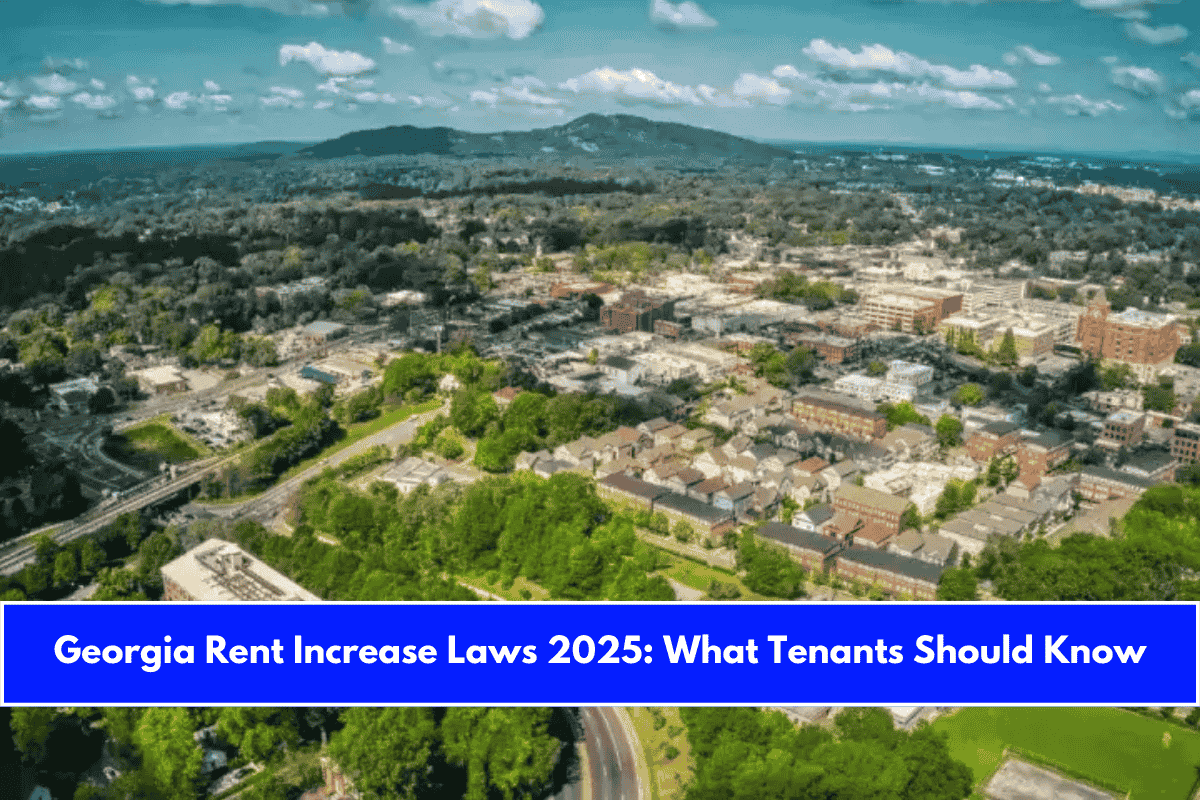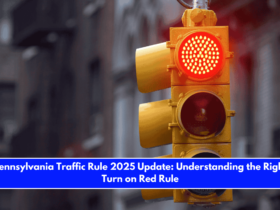Navigating rent increases can be challenging for tenants in Georgia, especially as housing costs rise. Here’s a comprehensive overview of the 2025 rent increase laws and protections every Georgia renter should understand.
No Rent Control or Statewide Cap
Georgia does not have rent control or rent stabilization laws. This means landlords can set rent at any amount and raise it by any amount, provided they follow proper procedures and notice requirements. There is no legal cap on how much a landlord can increase the rent, except for certain protected groups (see below).
Notice Requirements
60-Day Written Notice: Landlords must provide tenants with a 60-day written notice before any rent increase takes effect, whether the tenant is on a month-to-month lease or the lease term has ended.
- The notice must specify the new rent amount and the date the increase will begin.
- If a lease is still active and does not allow for changes, rent cannot be increased until the lease expires.
When Rent Increases Are Illegal
- During a Fixed Lease: Landlords cannot raise rent during a fixed-term lease unless the lease agreement specifically allows for it.
- Discriminatory Increases: Rent increases based on race, color, national origin, religion, sex, familial status, or disability are illegal under the federal Fair Housing Act and Georgia law.
- Retaliatory Increases: It is illegal for landlords to raise rent in retaliation for tenants exercising their legal rights, such as requesting repairs or joining a tenant union. Any increase within three months of such actions may be presumed retaliatory and challenged in court.
Special Protections for Seniors and Vulnerable Tenants
House Bill 938: Recent legislation restricts rent increases for tenants over 62 who primarily rely on Social Security or disability benefits, setting specific limits for this demographic.
- For most other tenants, there are no state-imposed limits on the amount of a rent increase.
Habitability and New Tenant Protections
Safe at Home Act (HB404): As of 2024, Georgia law requires landlords to maintain rental properties in habitable condition and limits security deposits to no more than two months’ rent.
- Tenants can take legal action if a property is not fit for habitation.
Local Ordinances
- While the state has no rent control, some local jurisdictions or housing programs may have additional rules. Tenants in cities like Atlanta should check with local housing authorities for any extra protections.
What Tenants Should Do
- Review Your Lease: Understand your lease terms and whether it allows for mid-term rent increases.
- Document Communications: Keep records of all notices and communications with your landlord.
- Know Your Rights: If you suspect a rent increase is retaliatory or discriminatory, you can file complaints with the Georgia Department of Community Affairs, the Georgia Commission on Equal Opportunity, or HUD.
- Seek Help: Consult tenant rights organizations or legal aid if you believe your rights have been violated.
Summary Table
| Rule/Protection | Details |
|---|---|
| Rent control/cap | None statewide (except for some seniors/disabled tenants) |
| Notice required | 60 days written notice before increase |
| Lease term restrictions | No increase during fixed lease unless allowed by lease |
| Discrimination/retaliation | Increases for these reasons are illegal |
| Security deposit limit | Max two months’ rent (Safe at Home Act) |
| Habitability requirement | Landlords must maintain safe, livable housing (Safe at Home Act) |
Georgia landlords can raise rent by any amount with 60 days’ written notice, but cannot do so during a fixed lease term or for discriminatory or retaliatory reasons. New laws also require habitable living conditions and limit security deposits, offering tenants more protection in 2025.
Sources:
- https://www.doorloop.com/laws/georgia-rent-increase-notice
- https://www.steadily.com/blog/how-much-can-a-landlord-raise-rent-in-georgia
- https://www.steadily.com/blog/rent-increase-laws-regulations-georgia
- https://nlihc.org/resource/georgia-passes-new-tenant-protection-law-renters-establishing-minimum-habitability
- https://www.landlordstudio.com/landlord-tenant-laws/georgia-rent-increase-laws











Leave a Reply